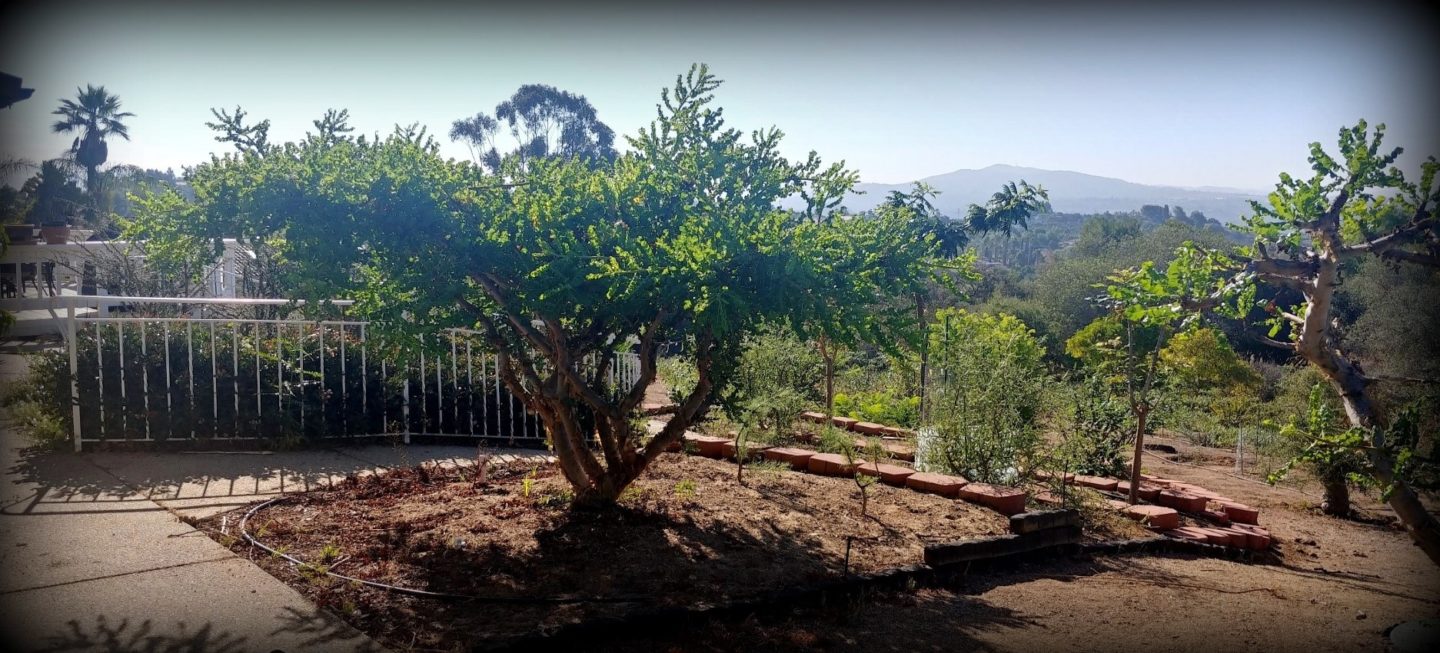
Many have attempted to farm several species of Boswellia and while the results have varied, none have resulted in a feasible grove for the commercial production of resin that can remotely compete with the wild collection.
While the nature of Boswellia is to exudate resin whenever the tree is cut, the complex issue is the profound difference between the resin coming from cultivated trees vs. wild trees in their natural habitat. It is the cultivated trees, agriculturally grown Boswellia, that show its complex culture demanding a new science of agriculture unlike any other crop.
The deficiency in cultivated trees includes inadequate resin production, i.e. the resin lacks viscosity or hardens too quickly sealing the tapped area, and the resin does not meet the criteria for essential oils. There is very little research done on the chemical compounds of cultivated resin to understand and compare its composition to the wild collection. These are just a few issues surrounding Boswellia farming.
Through collaborating with the Boswellia farming industry and the academic community we hope to systematically resolve these issues until farming for Frankincense becomes a feasible industry, and results in saving the habitat of these historic trees.
